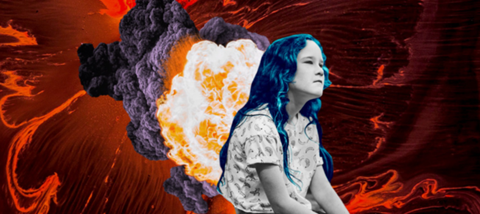
It has been said many times over recent months that we are in uncharted territory. Because of all the changes to our daily lives and the unpredictable nature of all that has happened, every one of us has experienced collective as well as individual trauma. Navigating the massive impact that the fallout from COVID-19 has made all of us consider the importance of mental well-being more than ever. The children and young people we are working with in our ministries will be affected greatly by the collective trauma that all of us have been going through. As a trauma therapist I am also aware that the uncertainty has also impacted not only our mental state but also our bodies.
As some children’s and youth groups start to meet again in person, it is likely that we will see a fallout in terms of behaviour, especially as restrictions are changing in different regions. For most there will be a high degree of uncertainty and they will continue to carry those unsettled feelings in their bodies. It is massively useful for us to have a broad grasp of how trauma affects us, so we are better able to spot what is going on.
Traumatic events literally rewire parts of our nervous system and, because our bodies are wired for survival, we develop strategies to cope and feel safe. This is because the central nervous system has an inbuilt danger centre deep inside the brain called the amygdala, which lets us know when we are in danger. This important alarm system is necessary to alert us to potential danger. It then regulates our heart rate and breathing to prepare us to face what it perceives to be oncoming threats. When this happens a whole range of hormonal and chemical reactions are set in motion that make us react in either a fight, a flight or perhaps a freeze response.






































